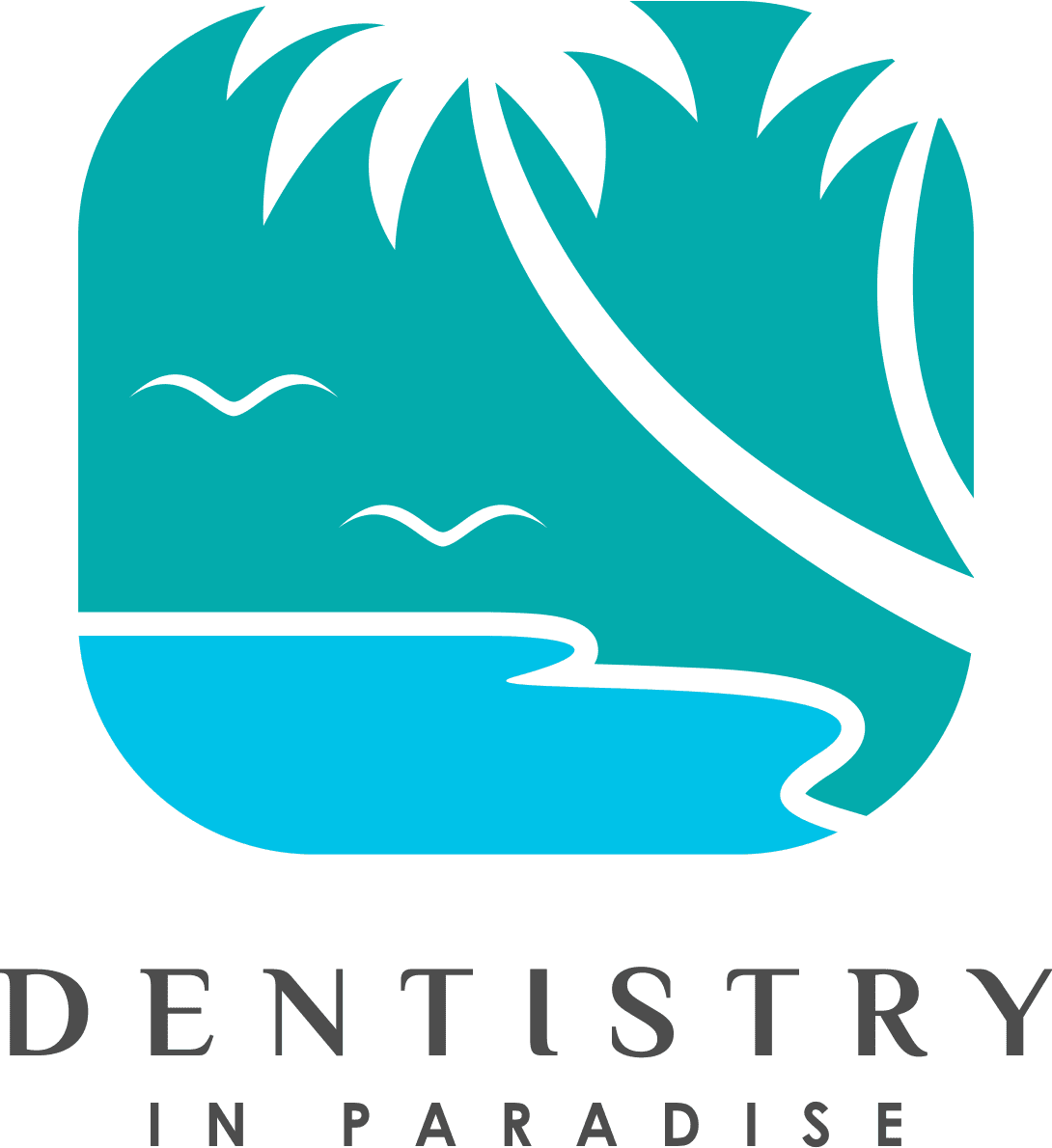
If you’ve ever experienced jaw pain or discomfort, you’re not alone. TMD, or Temporomandibular Dysfunction, is something many people suffer from. In this blog post, we at Dentistry in Paradise, in Santa Barbara California, aim to understand and explain the pathology and treatment better.
What is TMD?
TMD refers to a range of conditions affecting the temporomandibular joint (TMJ) and the muscles surrounding it. These joints are crucial for everyday activities like chewing, talking, and even yawning. When something goes awry, it can lead to pain, clicking, popping, or locking of the jaw.
Causes of TMD
- Bruxism (Teeth Grinding/Clenching): Do you wake up with a sore jaw or notice your teeth are wearing down? You might be grinding or clenching your teeth, often unknowingly, especially during sleep. This puts immense pressure on your TMJ and surrounding muscles, leading to discomfort.
- Occlusion (Misalignment of Teeth): Your bite, or how your teeth fit together when you close your mouth, plays a significant role in jaw health. Misalignment can strain your TMJ, causing pain and dysfunction.
- Trauma: Accidents, injuries, or even habitual behaviors like chewing on hard objects can damage the TMJ or surrounding tissues, triggering TMD symptoms.
Treatment Options
When it comes to managing TMD, there’s no one-size-fits-all solution. However, here are some common approaches:
- Nightguards: If you’re grinding your teeth at night, a custom-fit nightguard can be a game-changer. It acts as a protective barrier, preventing further damage to your teeth and alleviating jaw tension.
- Physical Therapy Exercises: Strengthening and stretching exercises prescribed by a qualified physical therapists can help improve jaw mobility and reduce pain. These exercises target the muscles involved in chewing and jaw movement, promoting relaxation and flexibility.
- Stress Management: Stress is a major contributor to teeth grinding and jaw clenching. Finding healthy ways to manage stress, like meditation, yoga, or counseling, can significantly reduce TMD symptoms.
- Occlusal Adjustments: In some cases, correcting bite misalignment through orthodontic treatment or dental adjustments can alleviate TMD symptoms.
- Medication: Over-the-counter pain relievers or muscle relaxants may provide temporary relief from jaw pain and discomfort. However, they’re typically used in conjunction with other treatments.
If you’re in the Goleta or Santa Barbara area and struggling with jaw pain or TMD, you’re in luck! Dr. Kevin Miller and his team specialize in diagnosing and treating TMD, helping patients reclaim comfort and function in their everyday lives. With personalized care and cutting-edge treatments, they’re dedicated to improving your oral health and overall well-being.
Jaw pain and TMD can be a real pain in the… well, jaw! But with the right knowledge and treatment plan, you can kiss those discomforts goodbye. Whether it’s wearing a nightguard, practicing stress-relief techniques, or seeking professional help, there’s hope for a happier, healthier jaw. Don’t let TMD hold you back from living your best life!
